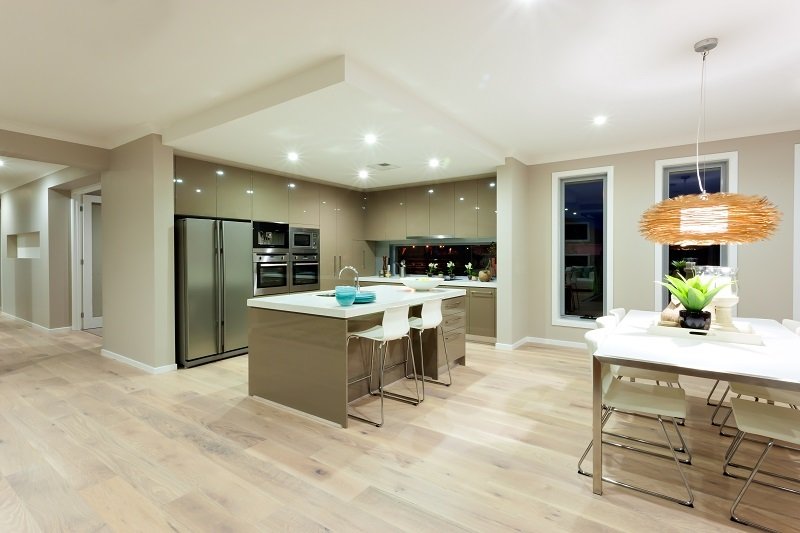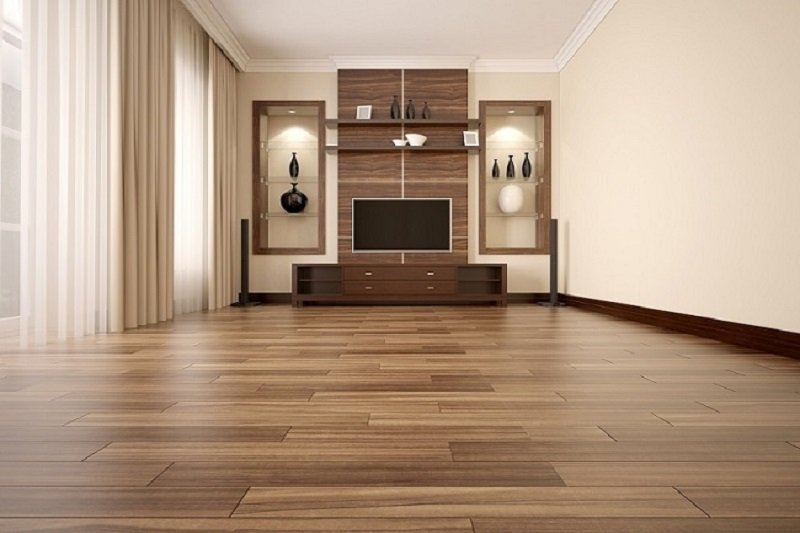One of the strongest and durable is natural material in the world is the Bamboo. Furniture, small fencing, or any kind of furniture are the common creation from the bamboo. China and Asia are the leading suppliers of bamboo and its products. The most common species used for bamboo flooring is Mosso bamboo.
What Is Bamboo?
Bamboo is a type of grass but is as hard as most hardwoods. It is tough, long-lasting, and highly resistant to moisture. It is a good choice for environmentally conscious people as it is a natural, renewable resource. Unlike trees, bamboo can be harvested every five or six years and doesn’t take two decades to mature like most species of trees. The commercial bamboo is harvested from plantation-like operations where it is grown responsibly.
Bamboo, as a flooring material, is indeed popular but comes with some pros and cons. If you are thinking about getting a floor made of bamboo, you should be aware of those benefits and disadvantages as a customer.
The Pros Of Bamboo Flooring

- It is a renewable material and thus environmentally friendly.
- Easy maintenance is another added advantage, and one can clean with mild soap and a mop.
- It can be refinished, and a lot relies on the thickness of the hardwood flooring.
- It adds to the real estate value and aesthetics because of its clean contemporary look.
- It is a very affordable and attractive material for flooring.
The Cons Of Bamboo Flooring
- Bamboo flooring problems are nothing serious, but humidity can cause cracks.
- It can be easily scratched if the flooring is not of top quality. Thus, it is susceptible to damage if not of good quality.
- Bamboo does tend to absorb more moisture than other woods; thus, one must avoid it if living in moisture-ridden areas.
- It should be avoided in the basement, kitchens, or bathrooms because of the fluctuating moisture levels.
- Toxins may be present in adhesive, which can harm the room’s indoor quality or interiors.
- As bamboo flooring is manufactured overseas, the manufacturing process is not very transparent.
- The cost of shipping can add to the price of the flooring as well as contributes to the carbon footprint.
Bamboo Flooring Prices
Cost is always a factor when doing up a floor. Thankfully, bamboo flooring costs are affordable, and on average, it will cost about $3 to $9 per square foot. It is generally DIY-friendly and much simpler to install. However, keep in mind that not all bamboo is created equal, and the quality and costs can vary. A lot relies on the species used, the harvested time, and the manufacturer’s reputation. Ask about the specifications of the bamboo species and avoid any materials which were harvested in fewer than six years. Early harvest can damage the quality of bamboo.
The Tonal Shades

Bamboo flooring is available in a variety of shaded, but there are key tonal shades to pick from. You can pick the shade based on the characteristic you are looking for and match the décor in your house.
- Natural bamboo – Blond in the shade with no staining or carbonization
- Stained bamboo – Available in any colour as it can be stained in any shade
- Carbonized bamboo – Tan to light brown shade because of carbon added to the dye
Now that you are aware of bamboo flooring’s pros and cons go ahead and do some research to make the right choices. Consider your needs, budget, and preferences before making the final decisions. One can go for waterproof bamboo flooring if one is anxious about moisture damage.




